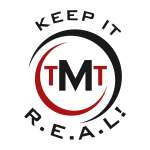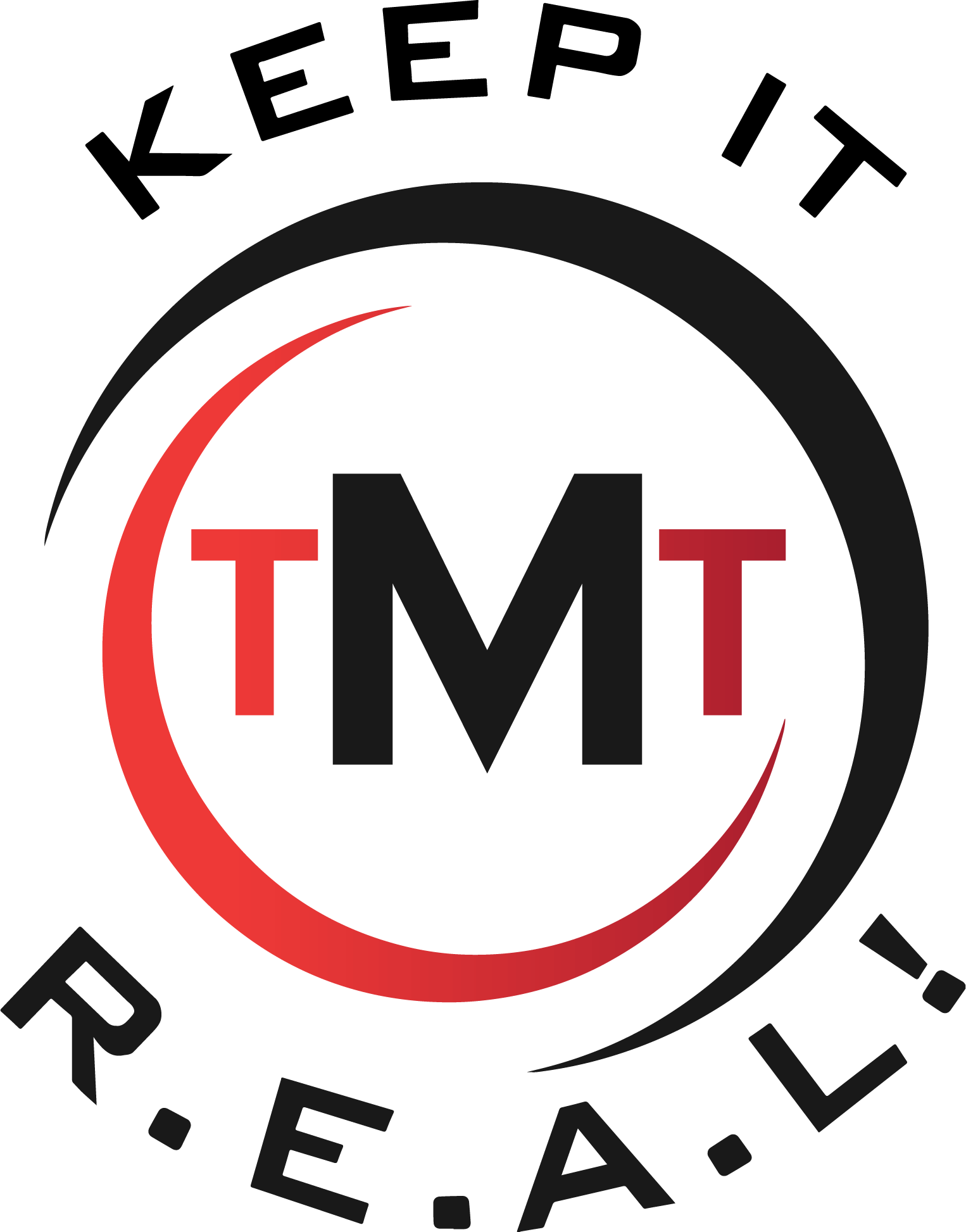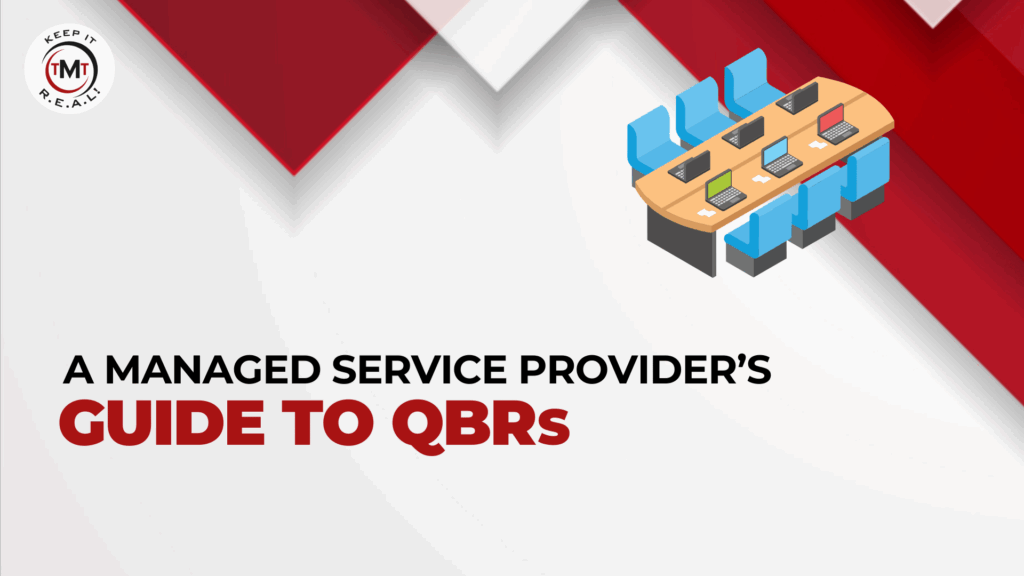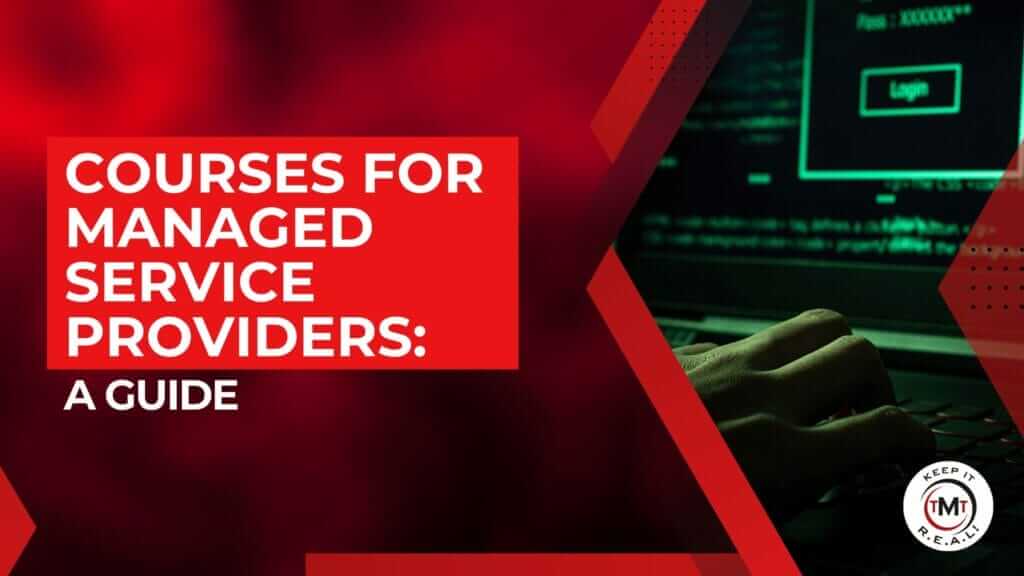In today’s fast-paced and digitally-driven world, businesses rely heavily on technology to streamline their operations and provide high-quality services to their customers. Managed Service Providers (MSPs) play a crucial role in ensuring the smooth functioning of these technologies. One key tool that every MSP needs is a reliable ticketing system. In this article, we will explore the importance of choosing the right MSP ticketing system and the key features to look for when making this decision.
Understanding The Role Of An MSP Ticketing System
An MSP ticketing system is a software application that helps MSPs manage and track customer support tickets efficiently. It acts as a centralized hub, allowing MSPs to receive, prioritize, assign, and resolve customer issues in a systematic manner. By automating these processes, MSPs can streamline their operations, improve response times, and enhance customer satisfaction.
An MSP ticketing system often comes equipped with reporting and analytics features that provide valuable insights into the performance of the MSP’s support team. These analytics can help identify trends in customer issues, measure the efficiency of support staff, and pinpoint areas for improvement within the MSP’s operations.
Defining MSP Ticketing System
An MSP ticketing system is a software tool designed specifically for MSPs. It allows MSPs to create, track, and manage support tickets efficiently. These tickets act as a record of customer issues or requests and enable the MSP to provide timely resolutions.
The ticketing system typically integrates with other tools and platforms used by MSPs, such as remote monitoring and management (RMM) software and professional service automation (PSA) platforms. This integration ensures seamless communication and data sharing between different systems, enabling MSPs to deliver a more cohesive and effective service to their clients.
Importance Of An Efficient MSP Ticketing System
An efficient MSP ticketing system is crucial for the success of any MSP business. It offers a range of benefits, including:
- Improved Customer Service – A ticketing system helps ensure that customer issues are promptly addressed and resolved, leading to higher customer satisfaction.
- Enhanced Efficiency – By automating ticket management processes, an MSP ticketing system saves time and allows MSPs to handle higher volumes of customer requests.
- Better Accountability – With a ticketing system in place, MSPs can easily track and monitor the status of each ticket, ensuring that they are resolved within specified timeframes.
An efficient ticketing system can also serve as a knowledge base for MSPs, storing solutions to common issues and best practices for resolving specific types of tickets. This knowledge base can help streamline the support process further, enabling support staff to access relevant information quickly and provide accurate solutions to customers.
Key Features To Look For In An MSP Ticketing System
When evaluating different MSP ticketing systems, it is important to consider these key features.
User-Friendly Interface
An intuitive and user-friendly interface is essential for efficient ticket management. Look for a system that allows MSP technicians to easily create, update, and close tickets without any unnecessary complexities.
A user-friendly interface should also offer customization options, allowing MSPs to tailor the ticketing system to their specific needs. This could include the ability to create custom ticket fields, set up automated workflows, and personalize the dashboard for a more personalized user experience.
Robust Reporting Capabilities
Effective reporting is crucial for MSPs to gain insights into their operations and identify areas for improvement. Look for a ticketing system that provides detailed reports on ticket volume, response times, resolution rates, and customer satisfaction levels.
In addition to standard reports, advanced reporting capabilities such as predictive analytics and trend analysis can provide valuable insights for proactive decision-making. These features can help MSPs anticipate customer needs, optimize resource allocation, and enhance overall service delivery.
Integration With Other Systems
Integration with other essential systems, such as your MSP’s CRM or monitoring tools, is important for seamless information sharing and improved workflow. Choose a ticketing system that integrates well with your existing systems to avoid duplicate data entry and ensure a smooth customer support experience.
Look for a ticketing system that offers open APIs and supports integration with a wide range of third-party applications. This flexibility can enable MSPs to connect their ticketing system with various tools and platforms, enhancing operational efficiency and enabling a more connected ecosystem of IT management solutions.
Evaluating Different MSP Ticketing Systems
Choosing the right MSP ticketing system is crucial for the efficiency and success of your MSP business. It serves as the central hub for managing customer requests, tracking issues, and ensuring timely resolutions. By selecting a robust and suitable ticketing system, you can streamline your operations, enhance customer satisfaction, and improve overall service delivery.
Comparing Pricing Models
Compare the pricing models of different ticketing systems to ensure that they align with your budget and business requirements. Consider factors such as upfront costs, ongoing fees, and any additional charges for features or user licenses. It’s essential to strike a balance between cost and value, ensuring that the chosen system offers the necessary features and support without breaking the bank.
Assessing Vendor Reputation And Support
Choose a ticketing system from a reputable vendor with a proven track record in the MSP industry. Check customer reviews and testimonials to gauge the vendor’s reliability and the level of support they provide. A vendor with excellent customer support can offer timely assistance, troubleshooting guidance, and product updates, ensuring smooth operations and minimal downtime for your MSP business.
Checking System Scalability
Ensure that the ticketing system can scale alongside your MSP business. Look for a system that can handle your current ticket volumes and has the flexibility to accommodate future growth. Scalability is vital for adapting to changing business needs, expanding service offerings, and catering to a growing customer base. A scalable ticketing system ensures that you can meet increasing demands without compromising on performance or customer satisfaction.
Implementing Your Chosen MSP Ticketing System
Once you have selected the ideal MSP ticketing system, it’s time to implement it effectively within your organization.
Training Your Team
Provide comprehensive training to your team to ensure they are familiar with the ticketing system’s functionalities and best practices. This will help maximize its utilization and efficiency.
Training is a crucial aspect of implementing a new MSP ticketing system. It’s not just about teaching your team how to use the system, but also about instilling a deep understanding of its capabilities and how it can benefit your organization. By investing time and resources into training, you empower your team to leverage the full potential of the ticketing system, resulting in improved productivity and customer satisfaction.
Monitoring System Performance
Regularly monitor the performance of your ticketing system to identify any issues and make necessary improvements. Keep an eye on response times, ticket backlog, and customer satisfaction metrics to continuously enhance your MSP operations.
Monitoring system performance is an ongoing process that requires diligence and attention to detail. By closely monitoring key performance indicators, such as response times and ticket backlog, you can quickly identify bottlenecks or areas for improvement. This allows you to take proactive measures to optimize your ticketing system and ensure smooth operations. Monitoring customer satisfaction metrics also provides valuable insights into how well the system is meeting the needs of your clients, enabling you to make data-driven decisions to enhance their experience.
Regularly Updating And Improving Your System
Stay proactive by regularly updating your ticketing system and taking advantage of new features and enhancements. Keep an open line of communication with your vendor to provide feedback and suggestions for improvements.
Technology is constantly evolving, and so should your MSP ticketing system. Regular updates and improvements are essential to ensure that your system remains secure, efficient, and aligned with industry best practices. By staying in touch with your vendor and actively participating in the development process, you can provide valuable feedback and suggestions for enhancements. This collaborative approach not only benefits your organization but also contributes to the overall improvement of the ticketing system for all users.
Conclusion
Choosing the right MSP ticketing system is a critical decision that can greatly impact the success of your MSP business. By understanding the role of an MSP ticketing system, exploring key features, and evaluating different options, you can make an informed decision that aligns with your business needs. Once implemented, regularly monitor and improve your system to ensure that it continues to meet the evolving demands of your MSP operations. With the right MSP ticketing system in place, you can enhance customer satisfaction, streamline your operations, and drive business growth.
With a well-chosen MSP ticketing system, you can significantly enhance customer satisfaction and streamline your operations, driving business growth. To further amplify your success, join Technology Marketing Toolkit’s next FREE MSP Marketing Training session to learn how to attract high-value clients and boost your business.

